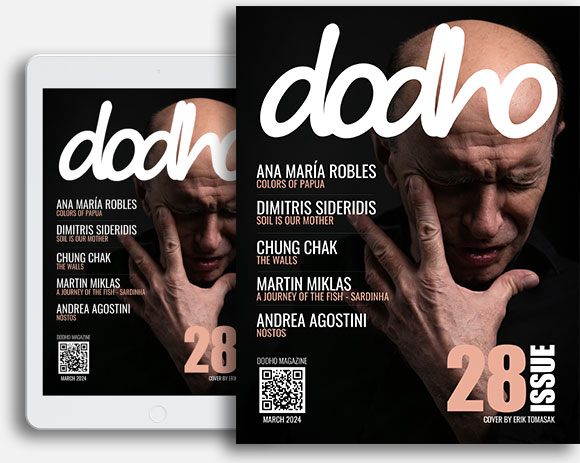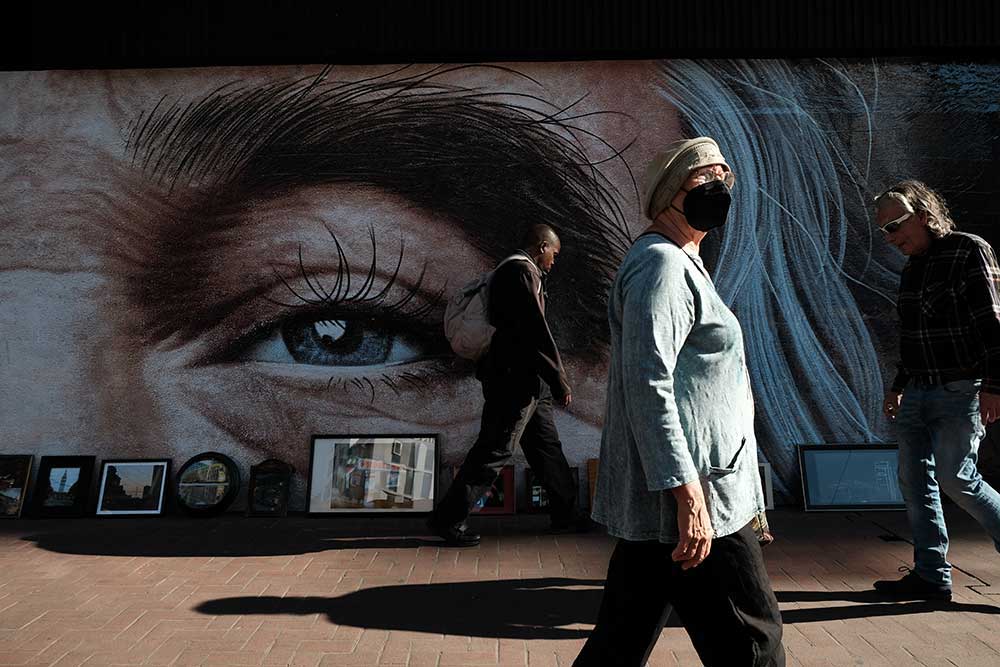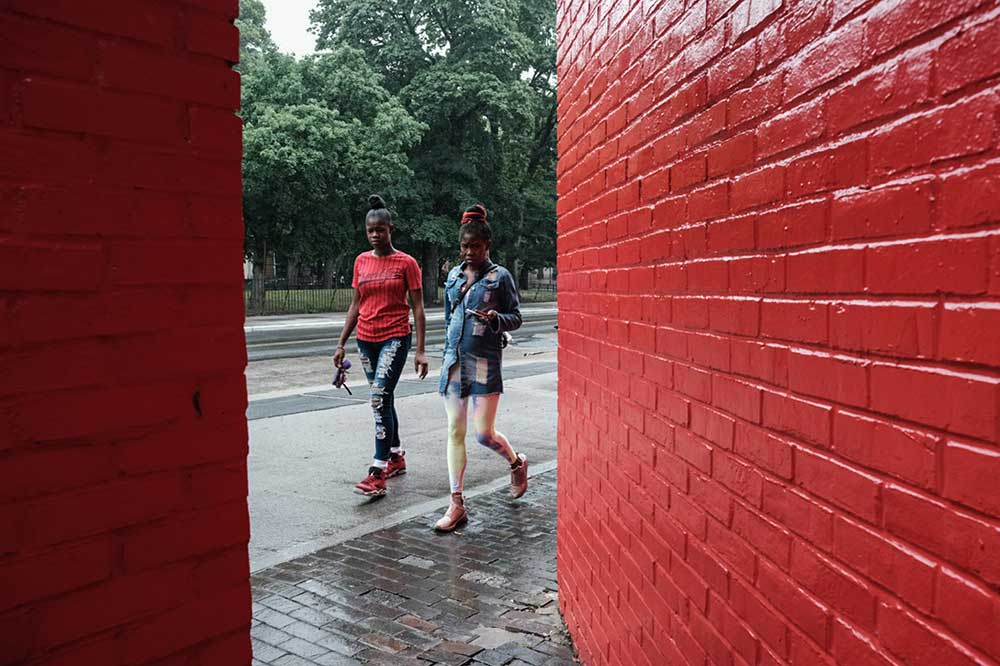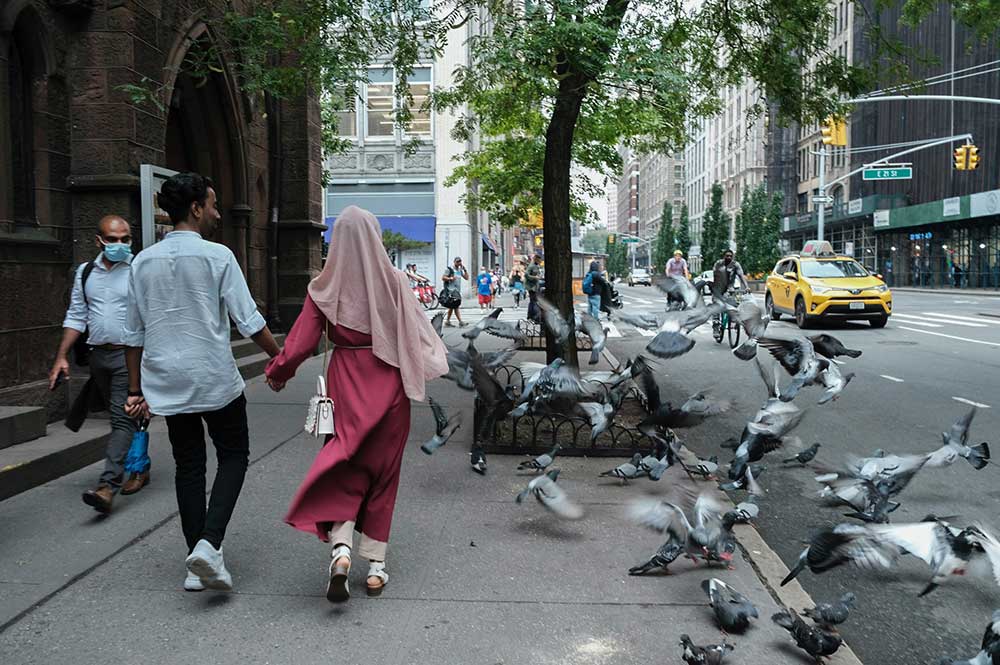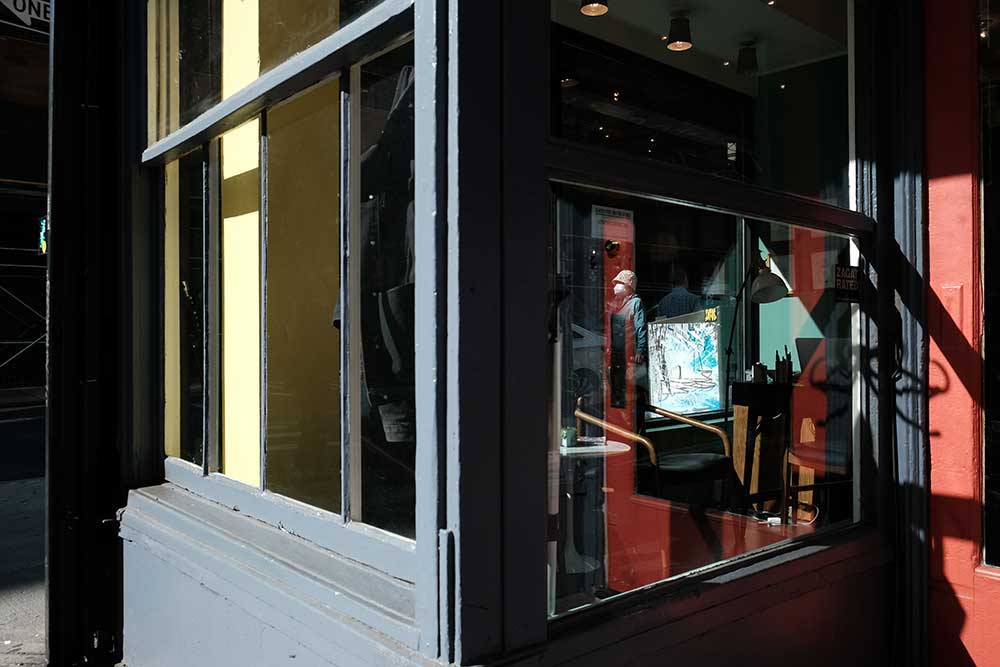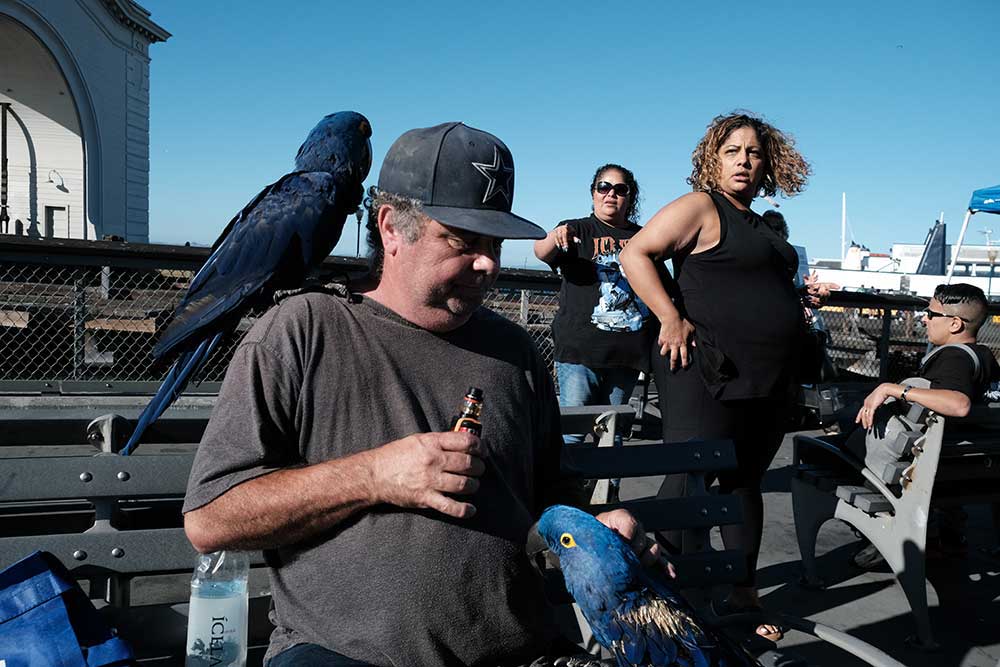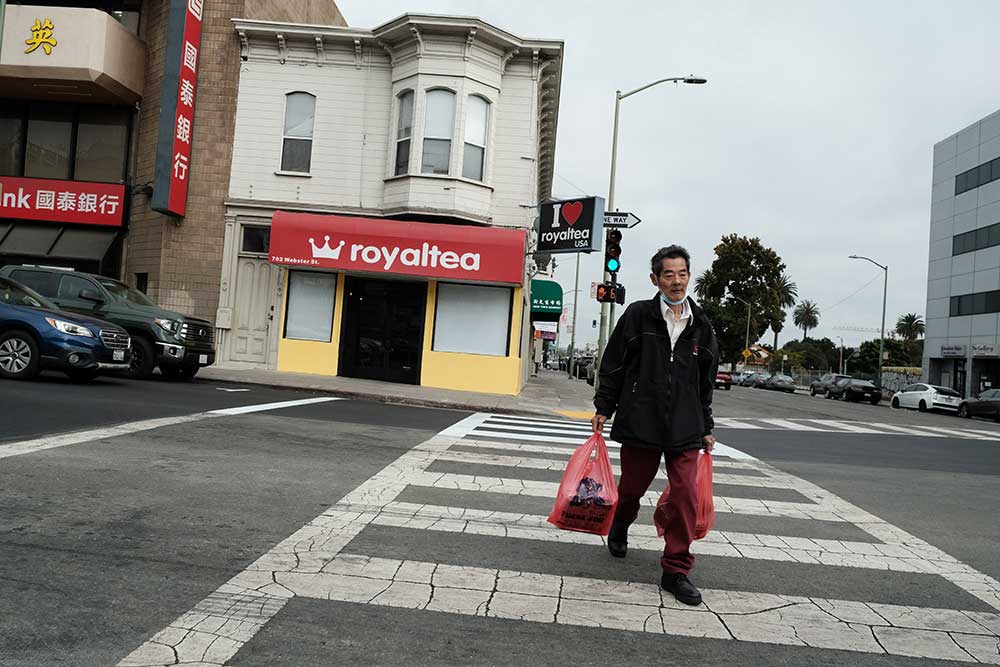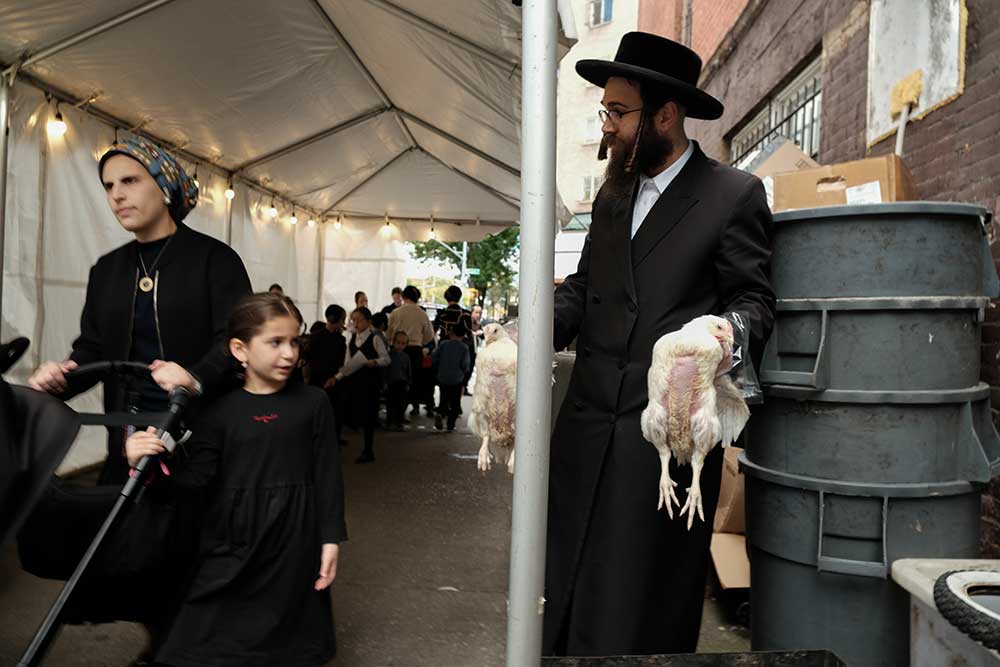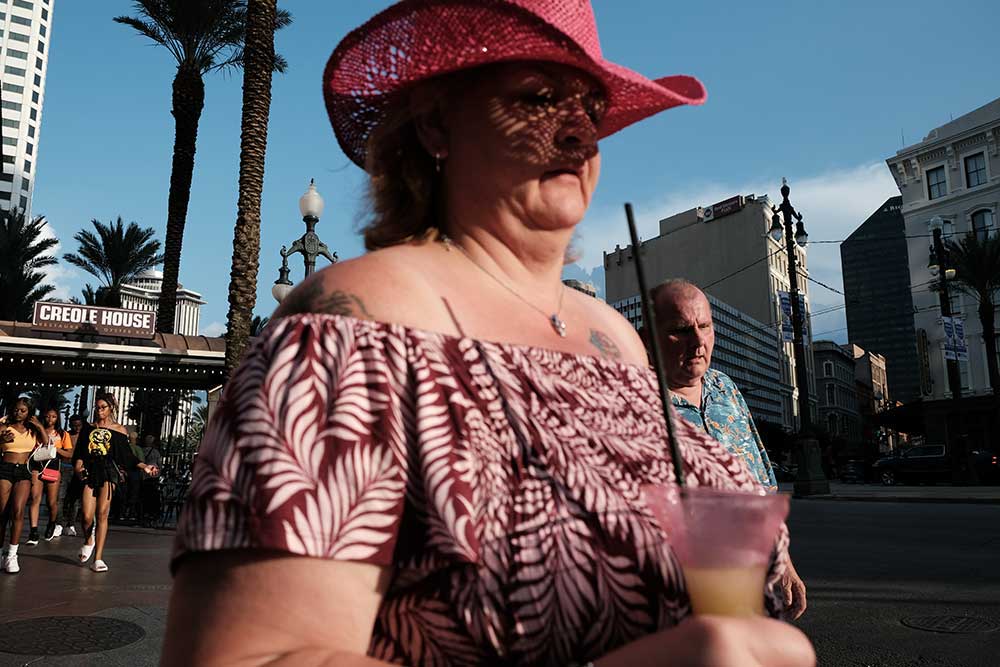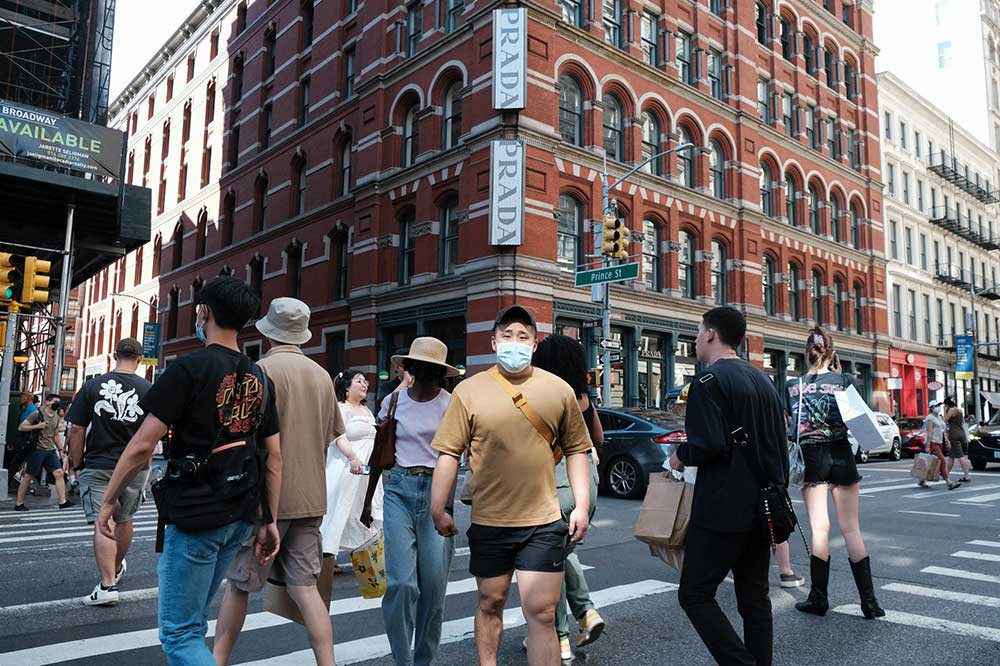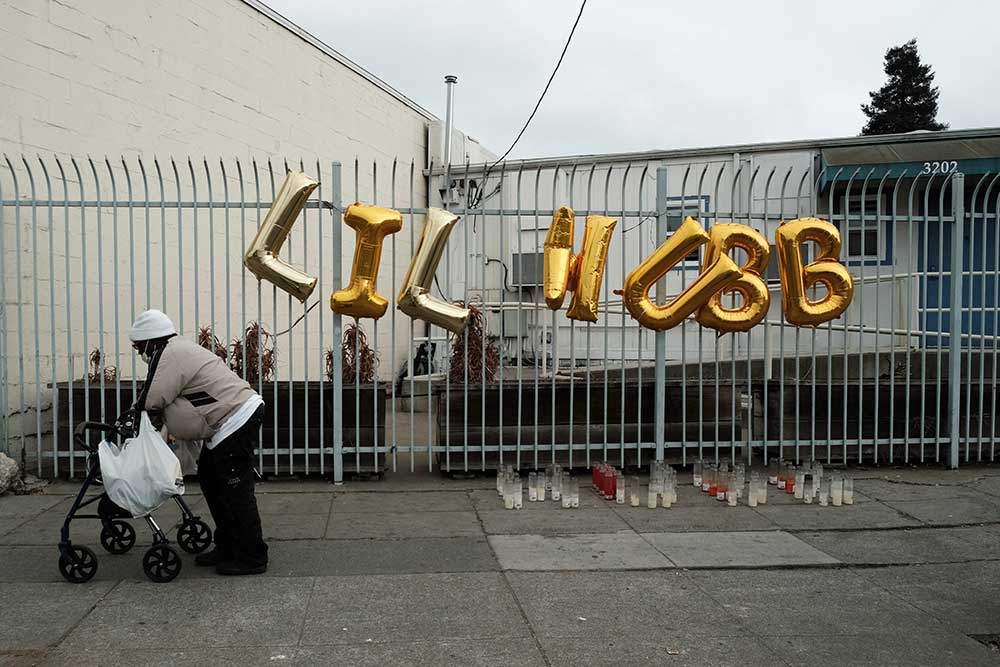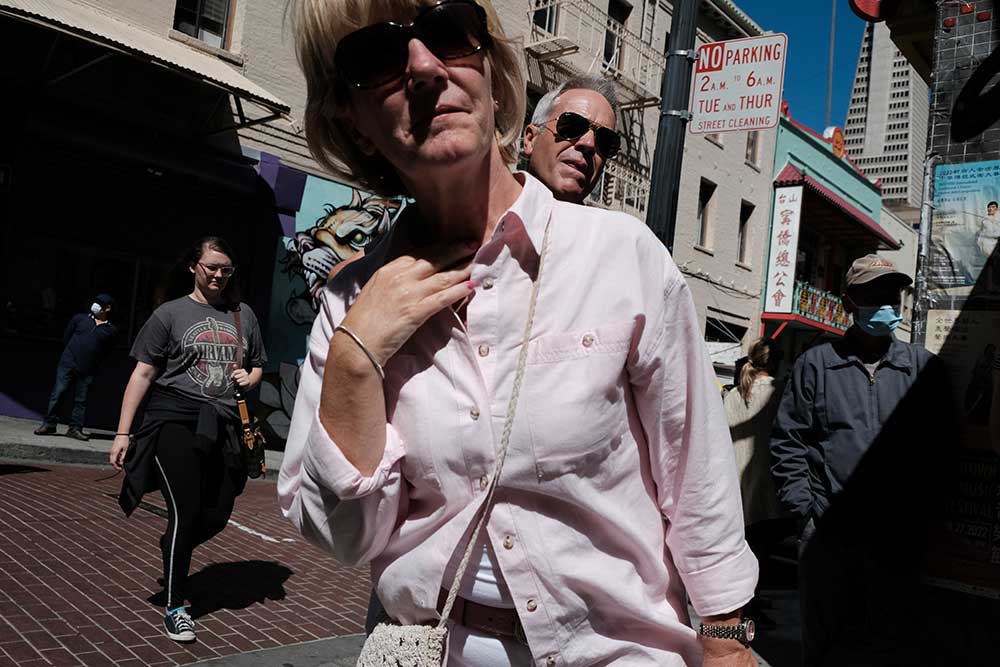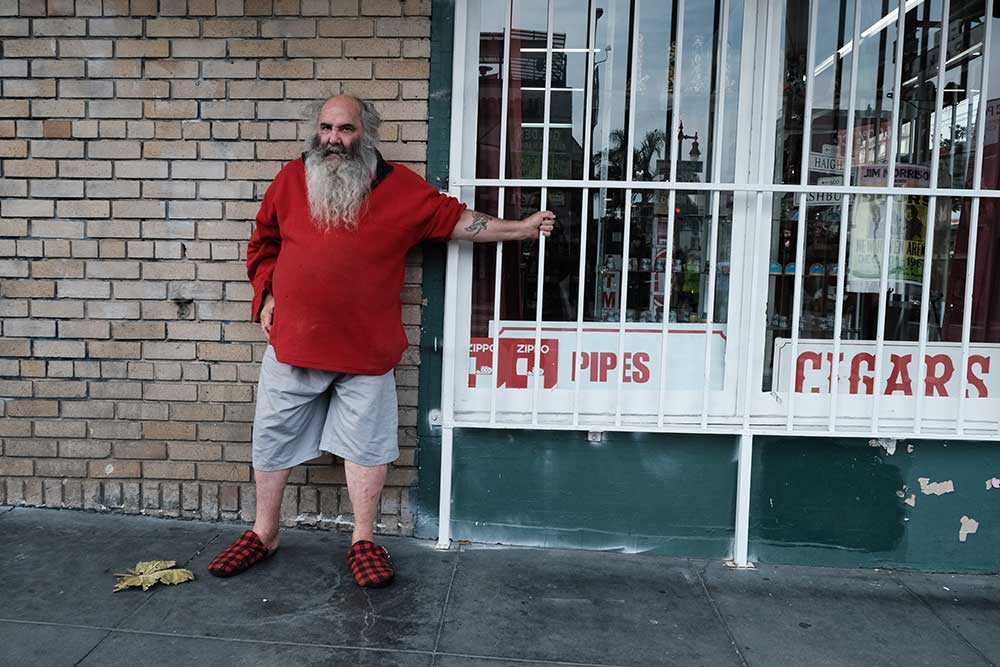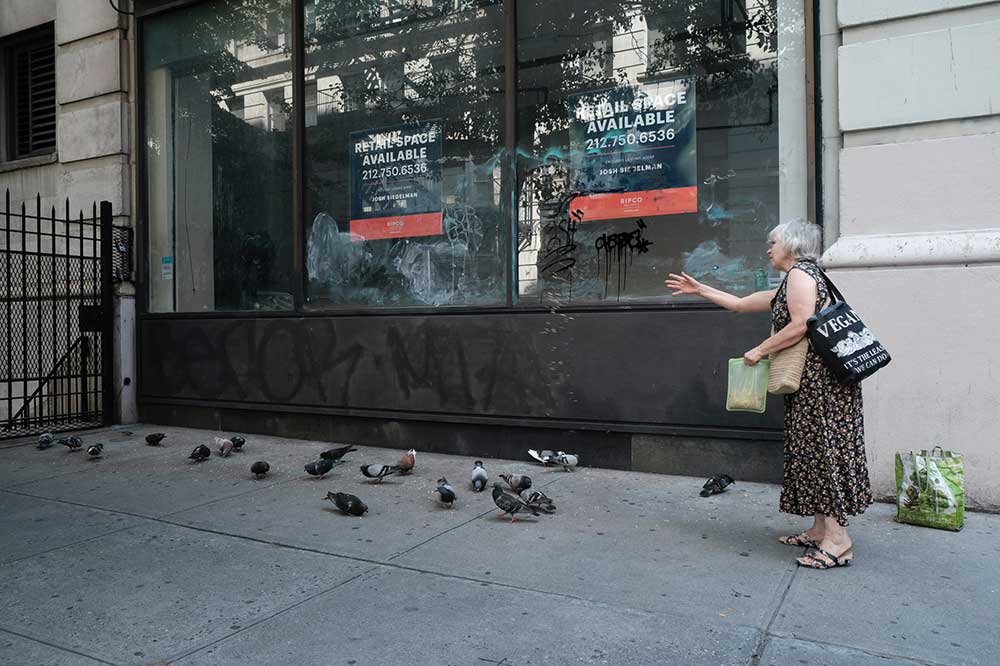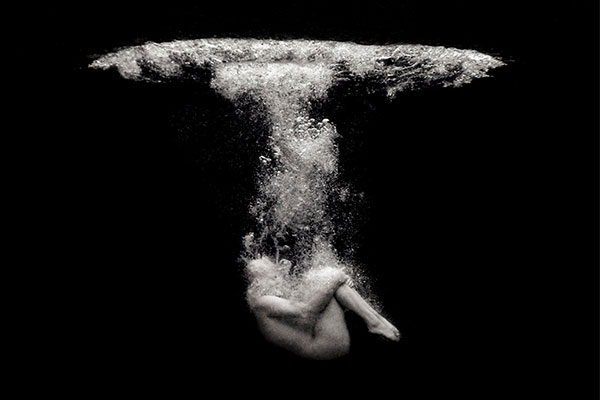Everyone agrees that the United States of America are polarised. Paradoxically, it seems that the more we focus on the importance of communities, the more we forget the value of inter-community connections.
While the community circles may be strong, the ties between them are much less so. This photo essay attempts at visualising this contradiction by means of street and documentary photography.
From East to West, South to North, ‘the states’ are wide and diverse – geographically, socially, culturally and economically. I’ve experienced this heterogeneity during my travels and studies across the USA in 2022. Camera in hand, for over five months I’ve travelled from New York, through West Virginia, Tennessee, Alabama, Mississippi, Louisiana, Texas, to finally settle in California to conduct a short post-graduate research stay at the UC Berkeley.
The people and places I’ve encountered along the way were indeed varied, diverse and unique in their own right. Yet amidst this complexity I also found some underlying unifying characteristics of the USA society. Individualism, hustle, ingenuity, national pride – and yes – the unfading ‘American smile’.
Traveling the length of the country in the 1980s, French post-modern philosopher Jean Baudrillard observed that the “American smile signifies only the need to smile. (…) No ulterior motive lurks behind it, but it keeps you at a distance”. Indeed, while the smile was ubiquitous, it also kept me at bay. I found it hard to get close to people and ‘penetrate’ their invisible, but visceral, social circles. With time I’ve come to realize that it was these social, or community, circles that are the fabric of the contemporary United States’ society.
Inhabitants of the USA live and interact exclusively within their own communities. And so much impetus is given to the importance of it these days: community action, community cohesion, community strength and responsibility. However, much less attention is given to the value and significance of inter-community connections. The bonds within the communities may be strong, but the ties between them are much less so. The cliché goes that everything in ‘the States’ is big – from cars, to buildings, to roads – but increasingly so are the social divisions.
A typical family unit lives inside a concrete box, uses a digital box to communicate, and drives a steel box only to commute to another concrete box for work or entertainment. Baudrillard was spot on again when he noted that “if you get out of the car (…) you immediately become a delinquent: as soon as you start walking, you are a threat to public order, like a dog wandering in the road”. As a European I found the scarcity of public spaces perplexing and terrifying. It’s hard not to conclude that the pervasive, and state promoted, individualism contributes to social stratification, political polarisation and economic inequality.
The time of my trip coincided with the ‘end’ of the Covid-19 pandemic. A time of cautious recovery and optimism – both economically and socially. And while most observers agree that the USA is going through a difficult period in its history, the crisis caused by the pandemic also invites a transformation. In my view, as long as the social circles and box-oriented lifestyle open up – just as our countries and economies open up – there’s a chance for improvement.
These photographs aim to depict the diverse, and enclosed, social circles inhabiting the USA, and invite the viewer to a reflection on the current state of ‘the States’


